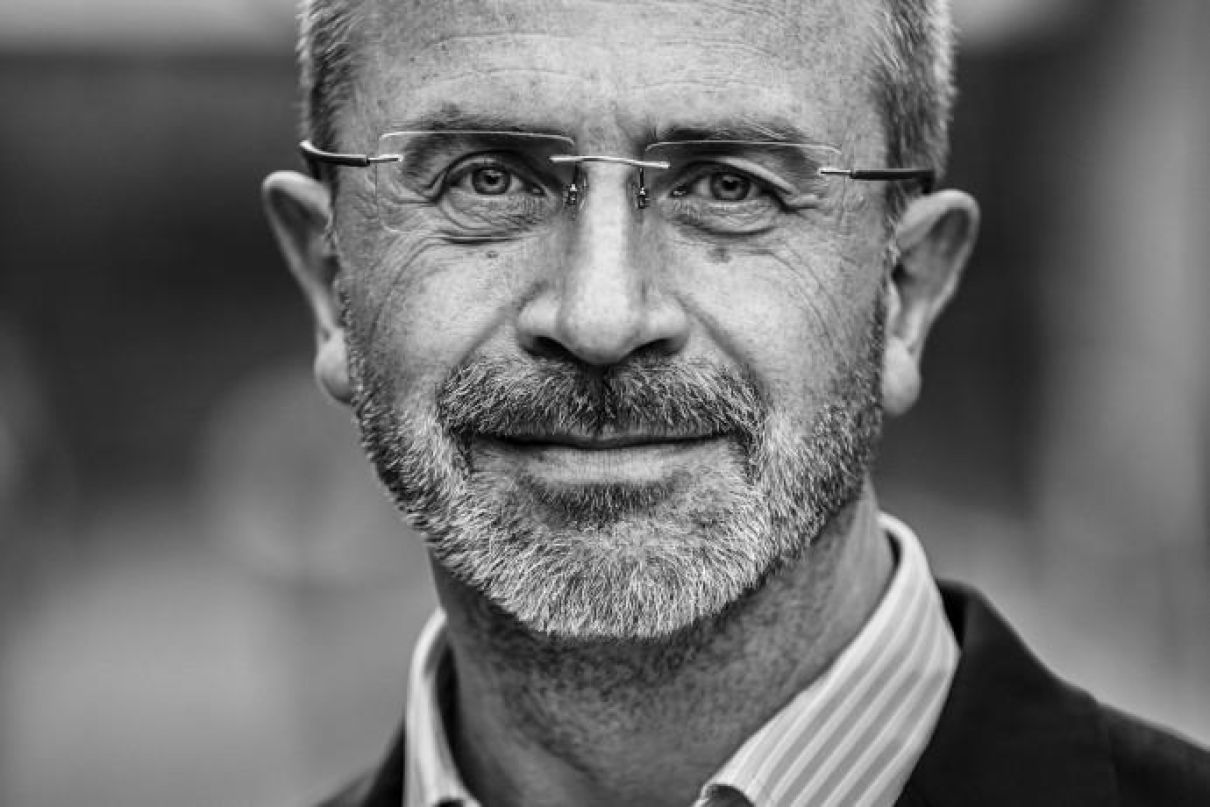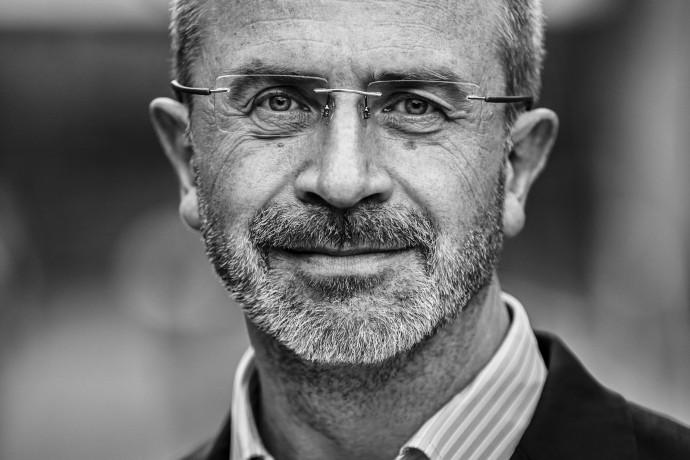Why Technology Has the Potential to Transform Philanthropy

In an increasingly atomised society, the advent of the digital age allows charities to connect more effectively to those most in need.

Charities do many things, but one thing many of them do is reach people in great need that others, including government and business, struggle to reach. They then provide a critical service — be it clear drinking water in a remote village in Chad or sexual-health counselling for an immigrant teenage girl in Bradford — that those people desperately need… and that no one else can give them. Reaching the ‘hard to reach’. Technology has transformed that process, just as surely as it has transformed booking a minicab or a hotel room and the charity sector, and us philanthropists, must wake up to it fast, or risk failing the very people we are in business to help.
How business is done can change dramatically in scale and globally in five years, in ways that are literally unimaginable: it’s not difficult to cite irrefutable examples, such as Uber or Skype. Moving at an only a slightly slower pace, did anyone in 1995 predict smartphones in off-grid African pastoralist villages 20 years on? And even imagine that those villagers would be using those phones to report on their well-being in real time to charities supporting them by getting a fairer price at market when the time comes to sell one of their herd? That’s not wishful thinking, that’s happening today.
The point is that with the smartphone we can reach almost anyone, anywhere, in 2015. And that means we have new ways to help people in great need, and new ways to check that we really are helping them, including those most in need. One might say especially those most in need.
Forget the archetypal Wolf of Wall Street thumbing through his stock portfolio from his yacht anchored off St Barts… he was never off-grid, even in the 19th century. Think rather of the 19-year-old boy just released from Peterborough prison (in the UK), after serving a six-month term for getting caught up in a gang knife fight. No state provision for his re-entry into the community. In days past, he might have been lost to the system as soon as he was out of sight of the gate. Until (as 80 percent of boys like him will) he re-offends and ends up incarcerated again; a cycle that will sadly repeat itself through what is likely to be a sad and unproductive life.
Today, that boy (let’s call him Kevin) has a better chance, in part, thanks to technology. Why? Because if we meet Kevin at the prison gate, if we help him find a decent hostel or B&B;, if we get him signed up to look for a job, possibly with training attached, if we help him deal with the mild drug habit he began in prison and treat him as a victim not a criminal… then he has a chance.
We can do this without technology, of course. But with a cell phone, with a Gmail account, with Facebook, all the people looking to help Kevin can not only stay in touch with him, but they can talk to one another. They can chart his progress, see whether he’s about to drop out again, move in to help in the most effective way for him. Personalisation of technology makes him Kevin — not just an anonymous average of a pool of Kevins, but a distinct person. Someone who can be helped.
Like me, you might be niggled when Amazon suggests some books for you based on your recent purchases, or when Genius tries to add new tracks to your playlists. But that personalisation technology might for Kevin and thousands like him in our society, hard to help and hard to reach, be the difference between a good life and no life. Yes, I have some qualms about the civil liberty dimension of knowing more about Kevin than he might know about himself, but we’re talking about charities here; out to help him, not a rapacious business looking to sell his data to Tinder.
It’s even better than that. Not only can the charities that are there to help Kevin do that job better, and do it in a more coordinated fashion, but their management and trustees can test whether what they are doing actually works. In 2013 the Ministry of Justice established a Data Lab that allows any charity to measure what has become of their ‘Kevins’ (in terms of reoffending) against a national comparative sample. Only government today holds that ‘Big Data’ and the government in the UK is sharing it with those that need to know. We can hope and expect that this will be replicated across many fields of need. For charities, this helps them manage what they are doing, boost the winning interventions, kill the failing ones. For us philanthropists, it gives hope that we can get an evidence-based and convincing answer to the question we ask: “Very nice idea… but does it work?”
Personalisation and big data: offering hope for many that the atomisation of society has left behind.









